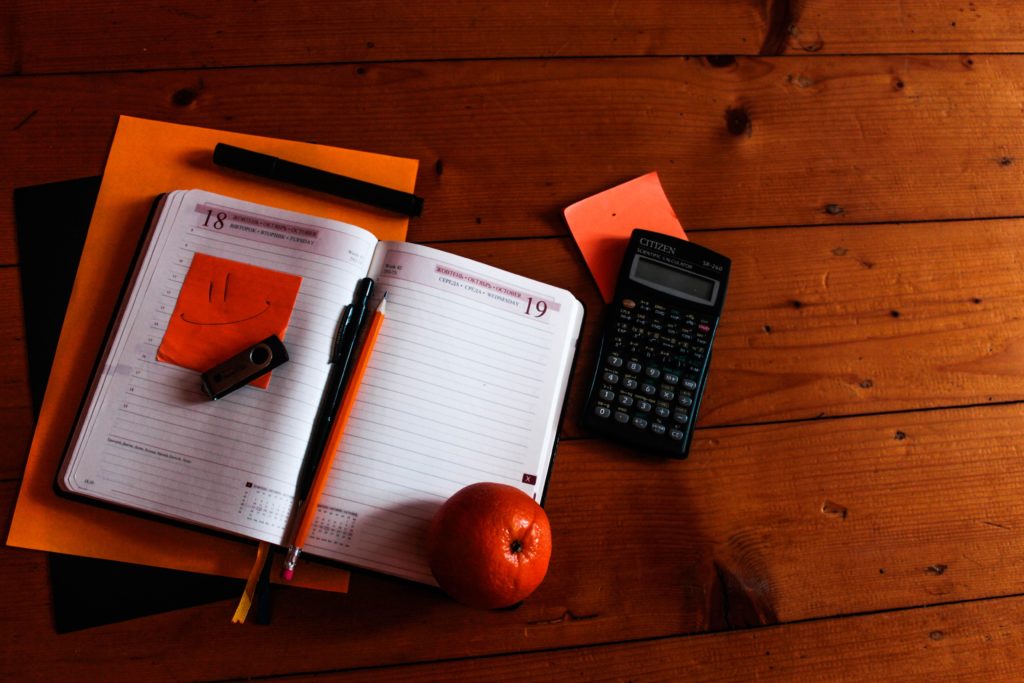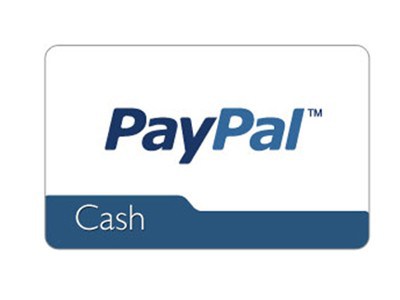There are many intentional steps people must take in order to control their debts or remain debt-free. Controlling your debts involves managing the payments you make to creditors while remaining well within the margins of your budget.

What are these intentional decisions people make to remain in control of their finances and live with less financial stress? We’re going to share with you some incredibly effective tactics you can use to stay in control and continue to make great decisions for your financial future.
Regularly Evaluate Your Expenses
Assuming you operate with a structured budget and are aware of your fixed and variable expenses, you’ll do well to evaluate them every so often to see where to make cuts and save money. For example, if you notice that you don’t really text as often as your phone plan allows, call your cell phone provider and see what lower usage rates are available for your plan.
If you regularly inventory your expenses and compare them to your use for them, you may find on multiple occasions that there’s room to reduce the costs within your budget. Make sure to take advantage of calculators to aid in budgeting or debt consolidation. This will provide black and white guidance on your finances and the time needed to get out of debt.
Stick to Your Shopping Lists
How many times have you gone to the grocery store or clothing store for a specific item, and come home with things you had no intention of purchasing? While you may have a justification for your impulse purchase, chances are that you could have done without those items that never made your shopping list.
When you know what you need, make a list- and stick to that list- you will have a much easier time adhering to your budget and reaching your financial goals, without wondering where your money went.
Only Make Purchases with Cash or Debit Cards
Only making purchases with cash or debit cards will surely help you refrain from incurring more debt. When you don’t have money to spend, you don’t spend it. When you make purchases solely with the money you have in your account or pocket, you will likely develop more hesitation with spending on unnecessary luxuries, and you don’t run the risk of adding to your debt because the spending stops with the money in your bank account.
Pay Yourself First
Every time you receive a paycheck, prioritize a payment to yourself in the form of savings. Designate an amount of money and manually apply it to a separate account that does not allow for spending. If you treat your savings as a bill that must be paid, and pay yourself first, you’ll always have a cushion for the rainy days. This mindset is essential for consistently growing your savings.
When we say we will pay our bills first and take an amount from what remains at the end of the month, it’s unlikely we’ll actually put anything into our savings. When we pay ourselves first, we set the tone for spending for the rest of the pay period. We also insure ourselves against overspending.
There are many strategies you can take to remain in control of your finances and mitigate the risk of having crippling debt in the future. Consider incorporating these highly effective methods for your personal money management.



